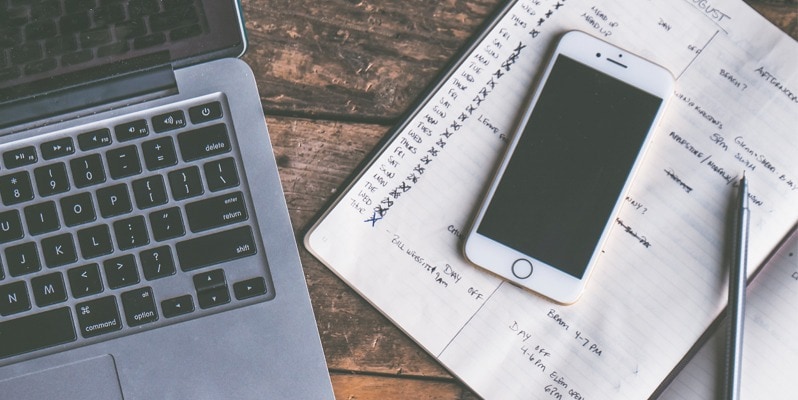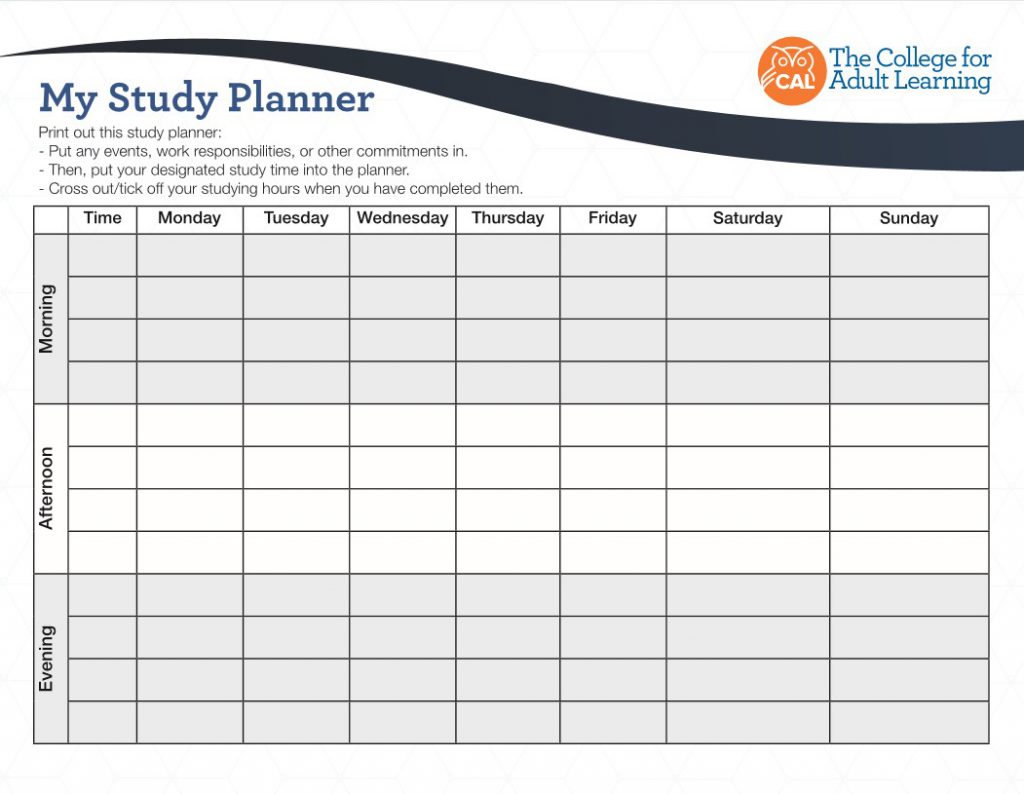
With a new year upon us, it’s a perfect time to get organised and stay on track with your planning and productivity resolutions. While shopping around for a new planner, you may be wondering whether to use a traditional paper planner or try a digital alternative. Both have their advantages and downsides.
Types of paper planners
- Calendar and financial year planners
- Notepads, notebooks and journals
- Desk planners and refills
- Magnetic and dry-erase planners
- Speciality planners like the bullet journal
- Wall planners
- Diaries
- Calendars
Pros of a paper planner
- Memory magic. The main advantage of using paper for writing down notes and reminders is that memory retention is significantly higher when writing by hand. Studies show that by simply writing something, you’re more likely to process the information more easily and remember it later.
- Vibrant visualisation. If you’re a visual or kinesthetic learner, you may crave the ability to personalise your planner in a way that works best for your brain and organisational systems.
- Off-screen oasis. In our digital age where we are attached to our devices for much of the time, a paper planner can offer an off-screen alternative to keep us focused without the distraction of other apps or websites. You’ll also never run out of battery or disconnect because of lack of WiFi!
- Creative cleverness. You can unleash your inner creative with colours, highlighting, drawing and stickers. Many people choose a paper planner because they enjoy putting effort into decorating the pages. An example of this is the popular bullet journal trend.
- Time tested. Paper planners have been around for a long time. They’re most likely what you used early in your career or at school.
- So much variety. A trip to your local stationary store will offer you a huge range of choices in sizes, colours, prices and styles for all kinds of paper planners.
Cons of a paper planner
- You can only access your planner when you have it with you, which means porting it around.
- It’s difficult to share with others, so not as inclusive if you require team or stakeholder visibility.
- Paper can be damaged, lost or stolen, which is not ideal if you have personal information inside.
Download our FREE Guide to Goal Setting!
Find valuable information on how to use goal mapping, set SMARTER goals, use resilience and gain access to our exclusive goal setting templates.
Types of digital planners
- Project management tools like Trello, Monday and Asana
- List or to-do apps like Things, Todoist, Evernote and Notes
- Digital PDF planners
- Online calendars
Pros of a digital planner
- Flexible access. You can access your planner and notes from anywhere with an internet connection (or sometimes without one). So, whether you’re at home, in the office or working remotely, you can always get a hold of it.
- Security savvy. You can keep your notes safe by using a password and rest easy knowing it’s backed up to the cloud.
- Easily share and search. You can quickly share notes with team members or friends and find important information by searching, rather than flicking through pages.
- Sync across multiple devices and apps. You can sync your planner across your devices and easily integrate and add calendar dates and reminders.
- Personalisation features. More and more digital planners allow you to personalise your set-up to work in a flow that makes sense for you and customise colours and icons.
- Automation! Some digital planners, particularly project management tools, let you set up automations to organise your tasks across categories.
Tip: If you’re a student with the College for Adult Learning, you can get discounts on great planning software like Evernote, Notion and Trello. Just sign up with your CAL student email!
Cons of a digital planner
- Storing your planner online does come with certain risks, such as hacking and information loss.
- If the internet isn’t available, you must wait to get online again to access your information.
- Some people find that taking notes and planning on a digital device means they can’t destress during planning.
So, is a paper planner or digital planner better?
Everyone is different, so there’s no one-size-fits-all approach to planning. If you’re an easily distracted creative who gets great joy out of journaling, a paper option may be best. On the other hand, if you require team visibility and want the flexibility of syncing across devices and apps, a digital planner will likely be a preferable option.
At the end of the day, the best planner is the one you use. You may find that the pros and cons listed above helped guide you towards your preference. And if you’re still undecided, there’s nothing wrong with using a variety of planning tools to keep you on track with your work and study goals. You may want to keep important due dates on a wall calendar but keep your daily to-do lists on a note-taking app. Try both paper and digital planners and then decide what you prefer.
Good luck – and get planning!
Study Planner Template and Task Delegator Template
Plan your study week, and successfully prioritise your tasks with our templates!
Download the PDF below, and select print.
Download the templates





